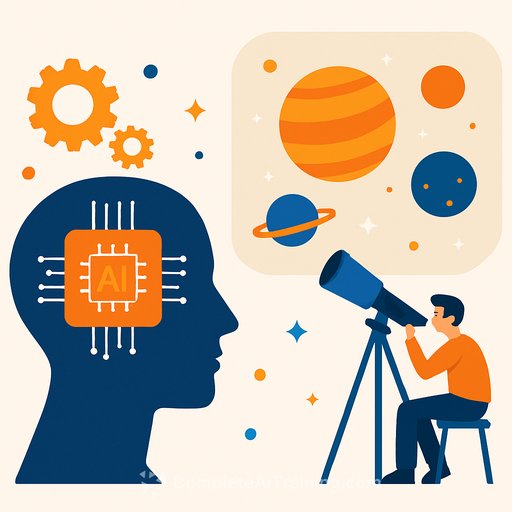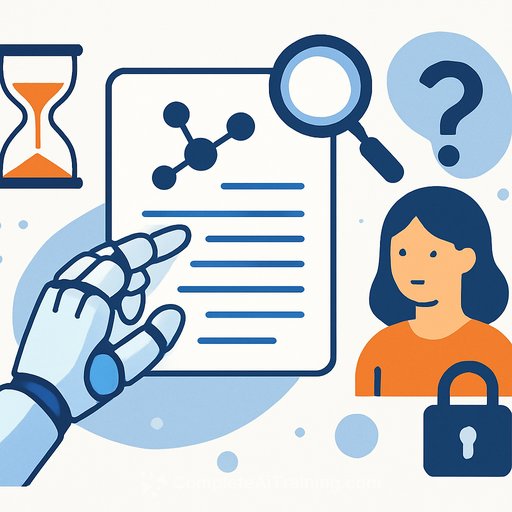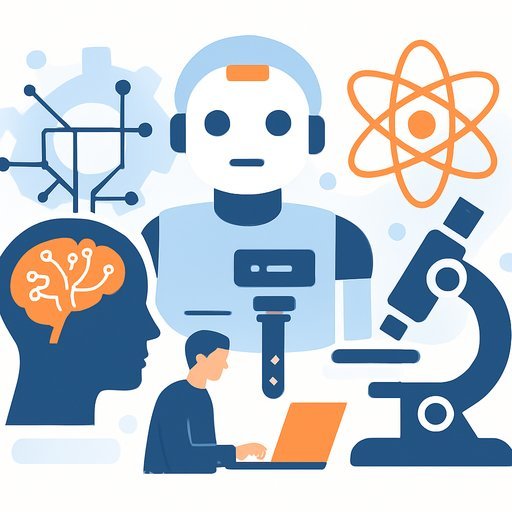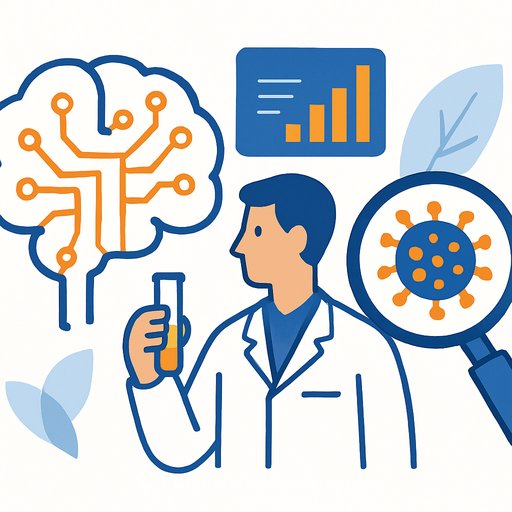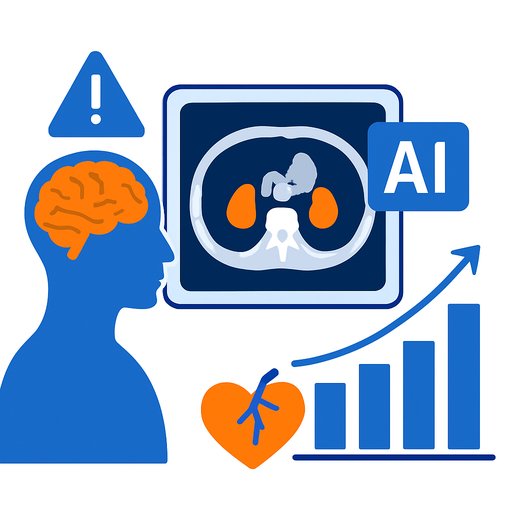AI Accelerates Discovery of New Exoplanets in Distant Systems
Researchers at the University of Bern have spent over 20 years developing the "Bern model," a collection of computer programs that simulate planetary system formation. These simulations provide insights into how planetary systems are structured but are computationally intensive, often requiring days or weeks on modern supercomputers.
Recently, leveraging artificial intelligence trained on data from the Bern model, Prof. Yann Alibert, Sara Marques, and Dr. Jeanne Davoult created an AI model that can predict planetary system formation in seconds—up to a million times faster than traditional methods. Their findings were published in Astronomy & Astrophysics and presented at scientific conferences in Zurich and Helsinki.
Targeting Observation Efforts Efficiently
Current and upcoming telescopes will be capable of observing Earth-like exoplanets, but detection requires significant observation time. According to Yann Alibert, prioritizing where to observe is essential to optimize these costly resources. By understanding the relationship between planets within the same system, scientists can use data from easier-to-detect planets to infer the presence of others.
Applying Language Model Techniques to Planetary Systems
The team’s AI approach treats planetary systems like sequences of words in a sentence. Using the Transformer architecture—an AI technique popularized in natural language processing—they developed a generative model that predicts the properties of outer planets based on the innermost one.
Sara Marques explained that knowing one planet’s characteristics allows their model to generate the rest of the system for three-planet configurations. This approach builds on earlier work which only estimated the probability of Earth-like planets being present, now extended to predict entire planetary arrangements.
Initially skeptical of the model’s accuracy, the researchers conducted extensive testing with machine learning classifiers and external reviews. The results showed that AI-generated planetary systems are nearly indistinguishable from those produced by traditional numerical simulations.
Supporting Upcoming Space Missions
The European Space Agency's PLATO mission, launching in 2026, aims to discover thousands of planetary systems, usually detecting the closest planet first. The AI model can help prioritize follow-up observations to identify potentially habitable planets more efficiently.
Future developments will expand the model’s capabilities to predict additional planetary properties, such as composition and habitability. Yann Alibert views this AI advancement as a continuation of Bern’s expertise in planetary system simulation and emphasizes AI’s growing role in scientific research.
- Read more about the PLATO mission on the ESA website.
- Explore foundational work on Transformer models in natural language processing: Attention Is All You Need.
Your membership also unlocks:

